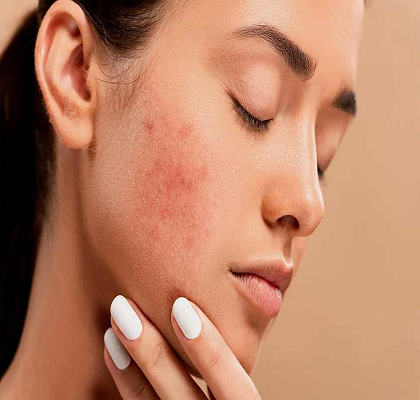Acne Treatment - Abu Dhabi - Dubai
Acne is a common skin condition that occurs when hair follicles become clogged with oil, dead skin cells, and bacteria. While it can be frustrating, there are several effective treatments available to manage and treat acne. It's important to note that everyone's skin is unique, so what works for one person may not work for another. It's advisable to consult with a dermatologist or healthcare professional to determine the best treatment plan for your specific case. However, here are some commonly used acne treatments:
- 1. Over-the-counter (OTC) treatments: These include topical creams, gels, cleansers, and spot treatments containing ingredients like benzoyl peroxide, salicylic acid, sulfur, or resorcinol. These OTC products can help reduce oil production, unclog pores, and kill bacteria.
- 2. Prescription medications: For more severe acne, a dermatologist may prescribe stronger topical treatments or oral medications. Topical retinoids, such as tretinoin, adapalene, or tazarotene, help unclog pores and promote cell turnover. Oral antibiotics like doxycycline or minocycline can be prescribed to reduce bacteria and inflammation. In certain cases, hormonal therapies or isotretinoin (Accutane) may be recommended.
- 3. Professional procedures: Dermatologists may perform various procedures to treat acne, including:
- • Chemical peels: These exfoliate the skin and help unclog pores.
- • Extraction: A dermatologist manually removes certain types of acne lesions using specialized tools.
- • Light therapy: Treatments like blue light therapy or photodynamic therapy can kill acne-causing bacteria and reduce inflammation.
- 4. Lifestyle changes: Alongside medical treatments, adopting good skincare habits can help manage acne. This includes gentle cleansing, avoiding harsh scrubbing, using non-comedogenic (non-pore-clogging) products, and not picking or squeezing acne lesions. Additionally, maintaining a healthy diet, managing stress levels, and getting enough sleep can also contribute to overall skin health.
It's important to be patient with acne treatments as results may take time. It's also crucial to follow your dermatologist's instructions and attend follow-up appointments to monitor progress and make any necessary adjustments to your treatment plan.

